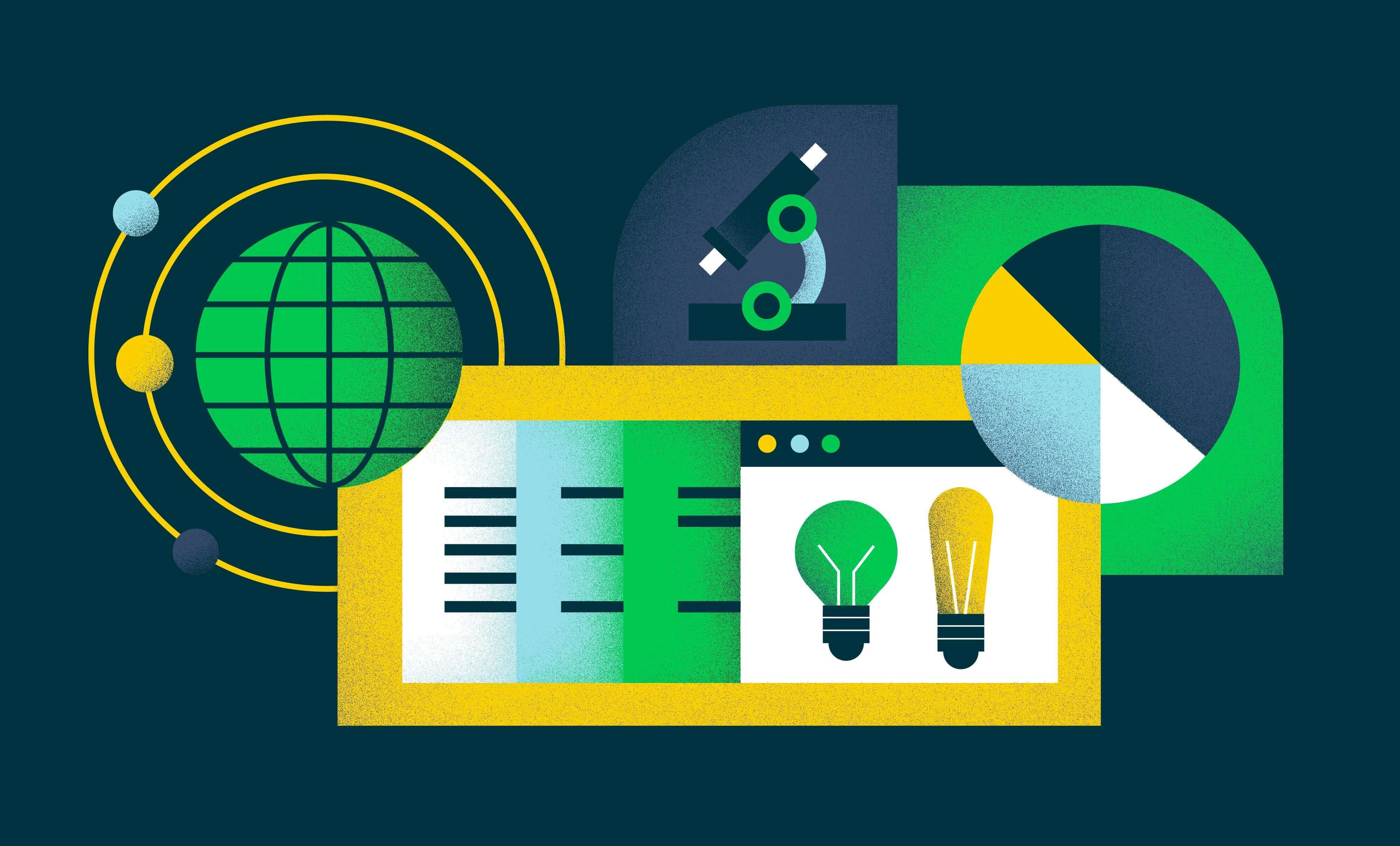Legal professionals from around the world gathered for CLOC 2019 (Corporate Legal Operations Consortium) in what proved to be an educational, eye opening and frankly exciting event that puts a light on the transformation happening within legal operations of enterprise. From the collection of workshops, keynote speakers and networking sessions I had the opportunity to participate in, one thing was clear; those in legal operations are beginning the journey of their digital transformation, with AI & Machine Learning taking the spotlight.
Reflecting on the State of Corporate Legal Operations
It is clear modern enterprises have seen transformative change in the last decade with the rise of tools for increased efficiency, process automation and unlocking insights into business data. As these enterprises get more sophisticated, open up to global markets and extend their supply chains, the need for technology to truly scale their operations is not just important to organizational success, but a requirement for survival. This has never been truer in the landscape of large global enterprise as it is today, where competition is intensifying.
Corporate legal departments of the past struggled to keep pace with their enterprise peers, who drove value through lean processes and new technologies. Instead, these corporate legal departments relied on costly legal firms with inefficient processes that would fail to scale to the needs of the enterprise. This resonated with Matt Lhoumeau who discussed how complex problems of contracts consequently led to the reactive, slow, and cumbersome stigma painted for legal departments.
Legal departments began to be viewed as cost centers, bringing little value and failing to transform by leveraging emerging technologies to drive efficiency and scale. They have begun to look for solutions to transform their department from a cost center, to becoming a strategic value-added business partner.
Book a Kira demo for corporate legal operations
Ushering in AI for Legal Operations
A key takeaway from my learnings at CLOC is how enterprises are now using AI to eliminate inefficient manual processes across the legal operations function. Machine learning technology can provide the greatest value for these organizations where they can automate time consuming manual tasks and use that time for more strategic and high value activities. Holland & Knight LLP’s Josias N Dewey, Innovation Partner shared some key benefits of this during his session which focused on the value of machine learning to solve large problems many face today.
Benefits include;
- Significant increase in efficiency
- Risk mitigation & compliance
- Identifying trends and actionable insights
Dewey provided a use case that highlighted how a contract review project can be completely overrun by a high volume of contracts requiring manual administrative work. This makes it extremely difficult for lawyers to adhere to tight timelines and manage their workloads. Dewey discussed that few attorneys want to spend weeks and months manually reviewing and sifting through contracts to find the important provisions or clauses required to complete their work.
AI and Machine Learning technologies like Kira are now able to take those tedious, manual tasks that used to take weeks or months, and complete them in minutes. By analyzing millions of provisions, clauses and other line items in unstructured data, AI is able to map correlations over thousands of factors, creating a model and gaining the ability to identify the concepts within contracts to properly classify and extract the data, and not just rely on keywords like previous, less sophisticated solutions. In our previous blog “Contract Analysis Software: The Technology Fundamentals” we breakdown the different solutions and show how Machine Learning technology is able to provide strikingly accurate results of the contractual data to the attorneys, where with previous rules-based approaches it was simply not possible.
Machine Learning: Supplement Not Replacement
As advanced and accurate as machine learning and AI is, it is an enhancement to how attorneys will work in the future, not a replacement for them as previously imagined. It is a powerful tool to enable attorneys to take time back from these low value activities and provide greater value to the business. Law is full of intricacies and nuances, and that requires lawyers to routinely perform a wide range of tasks that can only be made from years of experience, education and research. AI’s remarkable ability to perform well at limited tasks, such as identifying specific clauses or provisions in contracts, does not extend to the far-ranging skill sets that attorneys need to bring to their roles. This was again echoed by Holland & Knight LLP’s Josias N Dewey, who instead reiterated the idea that AI is the perfect compliment instead.
The discussions and commentary validates that the need for AI is greater than ever before, and while AI and Machine Learning solutions offer great opportunities in efficiency and productivity, it is the subject matter expertise that can take that data and provide deep insight into an organization’s most challenging problems. It is that expertise, together with the evolving artificial intelligence and machine learning technologies that will revolutionize and empower legal operations in 2019 and beyond.
Reach out today to book a personal Kira demo for legal operations
About the Author: Sonduren Fanarredha
As Product Marketing Lead at Kira Systems, Sonduren helps drive the messaging of artificial intelligence solutions across corporate and legal organizations across the world.



